Hazel Radon
Hazel is a brilliant, attentive, and shy Cavachon. She gets a lot of attention but has somehow managed not to get spoiled or pick up too many bad behaviors. When Hazel was 5, her vet noted a slight heart murmur during a routine check-up. Barely audible.
In the summer of 2018 at the age of 9, she had an infection which the vet mistook for congestive heart failure. Our vet sent us to Veterinary Cardiologist Consultants (VCC) who assured us it wasn’t congestive heart failure. Her murmur was moderate and although her mitral valve was leaking, it was minimal. VCC asked us to bring her back in a year.
Six months later, in late Feb of 2019, Hazel had another cough. We made a vet appointment for a Saturday morning. Early Saturday morning we woke up to find Hazel panting, coughing, and her heart racing. We spent 10-15 minutes trying to see if we could calm her down. When that didn’t work, we snapped a video and rushed her to emergency. They whisked Hazel off, got her in an oxygen chamber and tossed every treatment they had at her. It was dicey, but she recovered over the weekend and we were allowed to bring her home.
A later echocardiogram would confirm that several chordae tendineae had ruptured. Her cardiologist at the time, Dr. Christian Weder, let us know that Hazel had suffered a catastrophic failure. A failure that’s usually fatal. We were informed that dogs who survive an incident of this magnitude often do better, and on medication she might live for 9-12 months.
That same day, with a lot of new medications in hand, we started to research. I found references to mitral valve repairs in various journals. Then, I found Mighty Hearts Project and realized that people were actually going through with these surgeries.
Unsure of the efficacy, we immediately sent Dr. Weder an email and asked him what he thought of Mighty Hearts Project and the MVR surgeries. Dr. Weder replied early in the morning the next day. We read the email and cried with hope. Dr. Weder had studied with Dr. Uechi at Cornell. Furthermore, he had a patient (JoJo) returning from RVC after a successful surgery. We were told if we went that route, chances were very good that Hazel could live symptom free for the rest of her natural life.
The next few days were a whirlwind. Dr. Weder connected us with JoJo’s owner. We asked to get on RVC’s waitlist. We put together a project plan based on the guidance from Mighty Hearts Project. We signed up with the Facebook MVD Community group to find how people were handling travel.
On March 15th, 2019, Hazel was given a surgery date of June 4th. Timing wise, Hazel was extremely lucky. RVC had just doubled their capacity and were able to get us in much quicker. Her surgery threaded the needle between increased capacity at RVC and the suspension of the surgeries at RVC and furthermore, COVID-19.
We began training Hazel to fly. We practiced using a stroller and travel carrier. We obtained some anti-anxiety medication for her to reduce all of our stress. Hazel did fantastic on the flight. She refused to go on the pee pads and at the very end of the flight ended up peeing on a blanket we had for her, but otherwise did great.
During the surgical process, we stayed in Harpenden. The apartments there had an interesting vibe. It felt like a tiny dog heart surgery community. People brought food to one another, shared tips, shared rides, and just generally took care of one another.
Hazel had her surgery on schedule and recovered without incident. I was able to work remotely while overseas. The time difference was very useful. I was able to spend mornings with Hazel in recovery and work in the afternoons and evenings. Once Hazel was released, she had some pretty bad indigestion. Enough that I took her back to RVC one evening to receive fluids. The bypass machine can be pretty rough to recover from and they’ll give the dog anything to keep them eating in recovery.
The flight home was largely uneventful. My wife had been home for a few weeks during Hazel’s recovery and had prepared the house. Baby gates on the stairs. Furniture she could jump on moved into one room and gated off. Mattress on the floor. Ramp down our front steps. Those steps made the recovery much less stressful. The 4th of July was just a few days after we arrived back home. Hazel is terrified of fireworks, so we booked a hotel far away from any neighborhoods or planned shows.
As of October 2020, Hazel is now 1 year and 4 months post-surgery. She’s doing well entirely without medication. Her checkups have shown no change in heart size or valve function for the past 6 months. The only lingering symptom is a cough after drinking and occasionally choking on her food. We believe that to be from the time she spent with an enlarged heart pressing on her trachea and esophagus. Raising her bowls (at the recommendation of her cardiologist) and using a slow-feed bowl have eliminated the incidents of choking.
In the end, we feel extremely lucky to have her well past her initial prognosis. She’s happy, healthy, and very lucky.
Breed: Cavachon Age: 10 Diagnosis: Stage C Surgery Date: June 4th, 2019 Hometown: Novi, MI, United States Owner: Jonathan Radon Primary Vet: Dr. Gorbea, Plymouth Veterinary Hospital Cardiologist: Dr. Weder/Dr. DeSana, Veterinary Cardiology Consultants Surgical Team: RVC, Drs. Dan Brockman & Poppy Bristow



